Editor’s note: Spoilers ahead.
The best telenovelas are both wildly entertaining and unabashedly unrealistic. Emphasis on the unabashedly. They’re stuffed with overwrought performances, gaudy music, and especially bizarre plot points that often include a mix of forbidden romance, unveiled parentage, vengeful murders, rare illnesses, descents into madness, and more. Much more.
Conclave, based on Robert Harris’ novel about the election of a new pope, aspires to be a serious film. But what begins as a preachy yet captivating critique of the Catholic Church quickly devolves into soapy silliness. By its third or fourth twist—and it indulges in those twists—Conclave goes from feeling like a Sorkin-esque exercise to a full-on Vatican telenovela.
Ralph Fiennes stars as Cardinal Thomas Lawrence, the British dean of the College of Cardinals, as he and his fellow prelates mourn the pope’s death. Lawrence, who unbeknown to most has been experiencing a crisis of faith, is responsible for managing the conclave that will select the next vicar of Christ. Soon, cardinals from around the world descend upon the Vatican and prepare to sequester in the Sistine Chapel until they can light up the white smoke and declare “Habemus papam” to the world.
The first third of the film is its best. Though not entirely accurate, its art direction and costume design clearly delight in the Catholic look, in red-laden vestments and Renaissance art. Director Edward Berger and cinematographer Stéphane Fontaine often focus on the backs of people’s heads, visually hinting at their concealed thoughts amid the papal politicking. And if there’s profundity in Conclave, it’s found in Fiennes’ performance. He leaves you wondering whether Cardinal Lawrence is holding back tears or a smile, hiding grief or ambition that he might be destined to be more than a mere manager.
Soon, though, the whole thing devolves into intrigue. An unknown cardinal mysteriously joins the conclave. An illegitimate child is discovered. Rampant bribes are unearthed. A bomb goes off! And that’s not even the big twist.
It’s not just this telenovela-y tolerance for the far-fetched that hurts the film. While it’s interested in the aesthetics of Catholicism, Conclave seems pretty apathetic to, well, the Catholicism of Catholicism.
Consider its depiction of the rival factions among the cardinals. On one hand, there’s the “conservative” Italian Cardinal Tedesco (Sergio Castellitto), a top contender for the papacy who wants to go back to the days of the Latin mass and bemoans how the supposedly universal church has acquiesced to parochial interests. But rather than explore why someone like him might prioritize universality or defer to tradition, Conclave makes Tedesco out to be nothing more than a short-tempered xenophobe who calls Muslims “animals” and warns about an impending “religious war” with Islam. (He vapes, though, which is funny.)
On the other hand, there’s the American Cardinal Bellini (Stanley Tucci), the best hope of the “liberal” faction to stop Tedesco. Bellini is pluralistic, forward-looking, and concerned with the marginalized, yet he comes off as less interested in spiritual commitments than in nakedly political platitudes. The first thing he tells a group of his supporters at a pre-vote meeting is that he wants “a commonsense approach to such issues as gays and divorce,” and that he never wants to return to the days of “families of 10 children because mama and papa didn’t know any better. That was an ugly and repressive time.” He doesn’t mention God once.
A movie that tries to depict today’s Catholic Church certainly need not put on a harmonious facade. Catholic infighting is real. Cardinals and popes say careless and callous things. And divides between “conservatives” and “liberals”—political labels that frankly fail to describe their theological differences—evince widely different ways of looking at the world and the church’s role in it. But even a cursory look at the words of real cardinals reveals a far more profound faith in the Bellinis and Tedescos of the world.
Take a hot-button issue like the blessings for same-sex couples, a topic of heated debate in recent years. Even a supposed “liberal” like the Austrian Cardinal Christoph Schönborn grounds his support of the practice on an understanding of the church as a “Mater et Magistra, mother and teacher.” In 2021, for example, he remarked that gays and lesbians “want to see the Church as mother.” On Catholic-Islamic relations, even a supposed “conservative” like the late St. Pope John Paul II was faithfully committed to interfaith dialogue. In 1985, he told an audience of young Muslims, “I believe that we, Christians and Muslims, must recognize with joy the religious values that we have in common, and give thanks to God for them.”
Conclave’s problem is that it understands the church primarily in human terms, as simply another political body devoid of any good-faith piety. “The movie could take place in Washington, D.C., or within a company—Condé Nast,” Berger told Vanity Fair. In a sense, he’s certainly right: The church is not immune to the sort of prideful posturing that makes even cardinals “small and petty men,” as one character in the film rightly says. But Berger’s film never imagines that the men of the conclave don’t see themselves as C-Suite sharks or Capitol Hill politicos. As a result, their genuine striving toward a higher calling is largely absent from the film—with one notable exception.
In Conclave’s most spiritually curious moment, Lawrence delivers a heartfelt homily before his brother cardinals about the intimate relationship between faith and doubt. He preaches,
Our faith is a living thing precisely because it walks hand in hand with doubt. If there was only certainty and no doubt, there would be no mystery and therefore no need for faith. Let us pray that God will grant us a pope who doubts.
The film echoes this point throughout, and the sense that modern Catholicism has been compromised by certainty is key to its resolution. And yet, Lawrence’s words are rather similar to those of a German theologian who reflected:
Both the believer and the unbeliever share, each in his own way, doubt and belief … for the one, faith is present against doubt; for the other, through doubt and in the form of doubt. … Perhaps in precisely this way doubt, which saves both sides from being shut up in their own worlds, could become the avenue of communication.
That was Joseph Ratzinger in his 1968 book Introduction to Christianity. More than three decades later, the “conservative” cardinal became Pope Benedict XVI.
Conclave appears befuddled that a Catholic—let alone a “conservative” Catholic—in the real world would have written those words. Perhaps it too could have used a little more doubt.
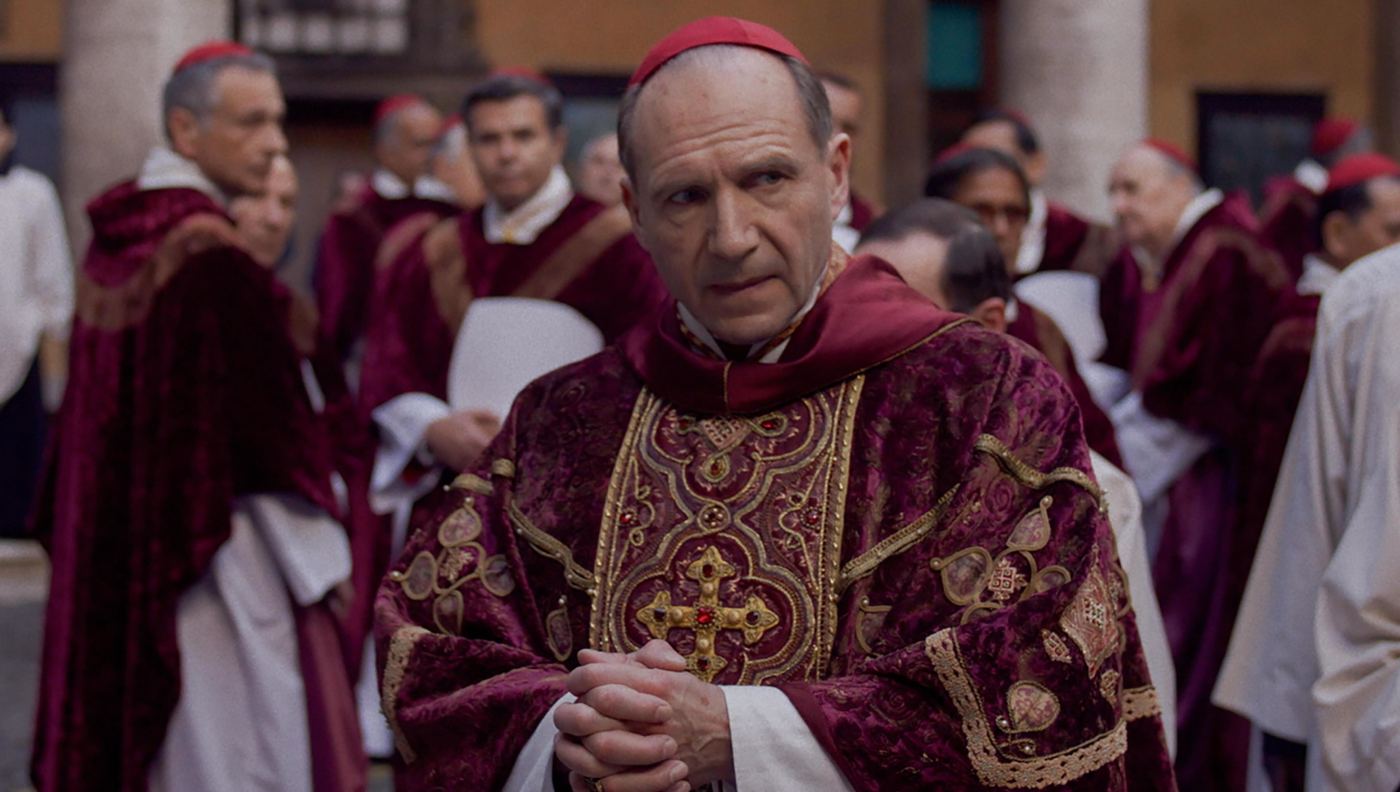

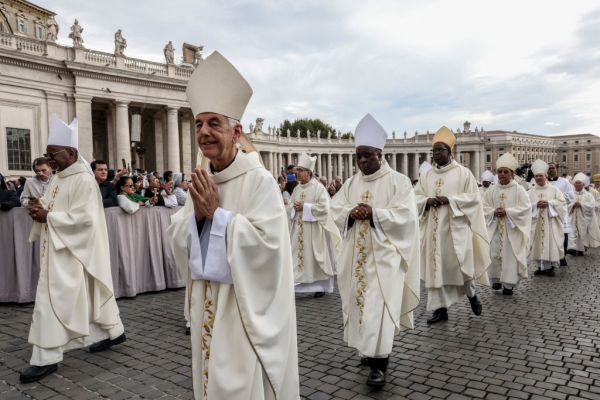
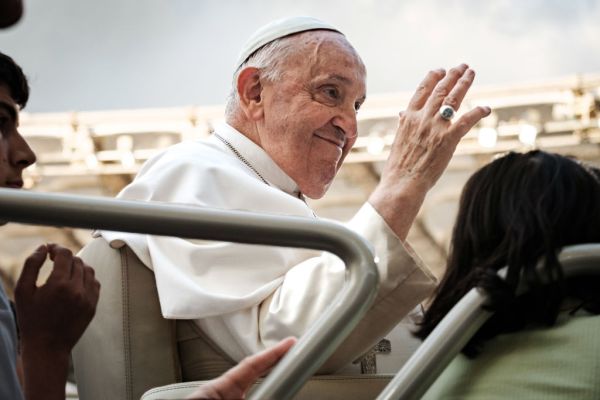
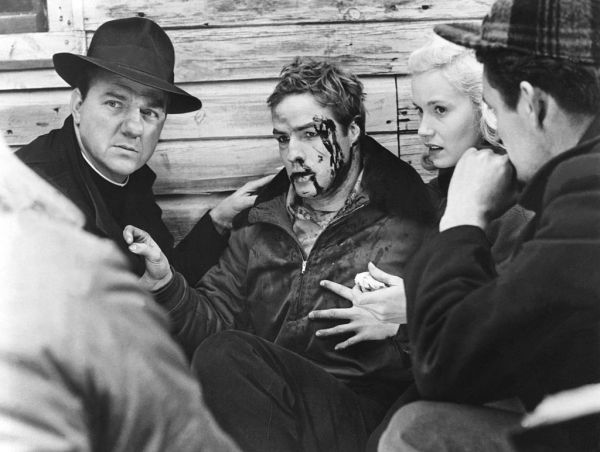

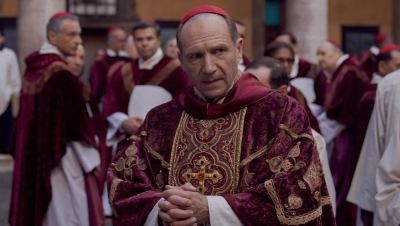
Please note that we at The Dispatch hold ourselves, our work, and our commenters to a higher standard than other places on the internet. We welcome comments that foster genuine debate or discussion—including comments critical of us or our work—but responses that include ad hominem attacks on fellow Dispatch members or are intended to stoke fear and anger may be moderated.
With your membership, you only have the ability to comment on The Morning Dispatch articles. Consider upgrading to join the conversation everywhere.